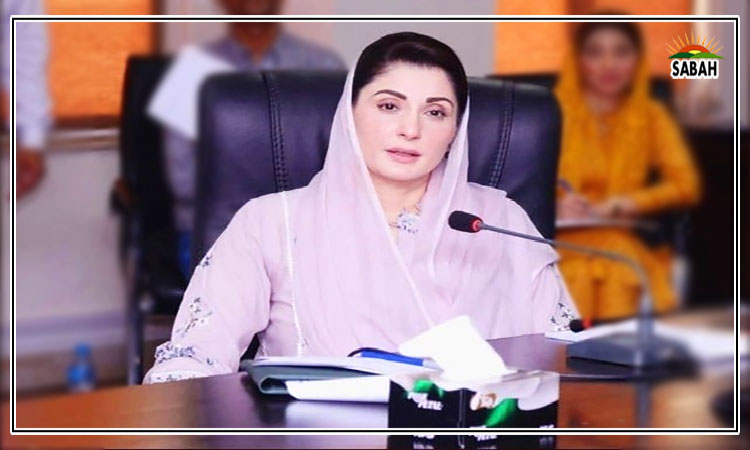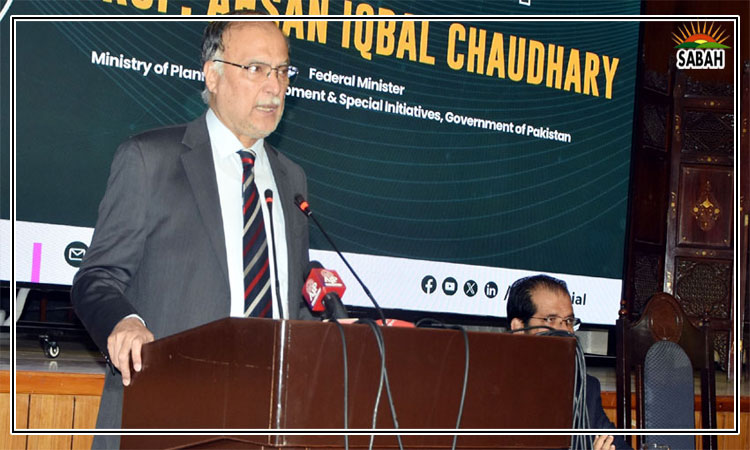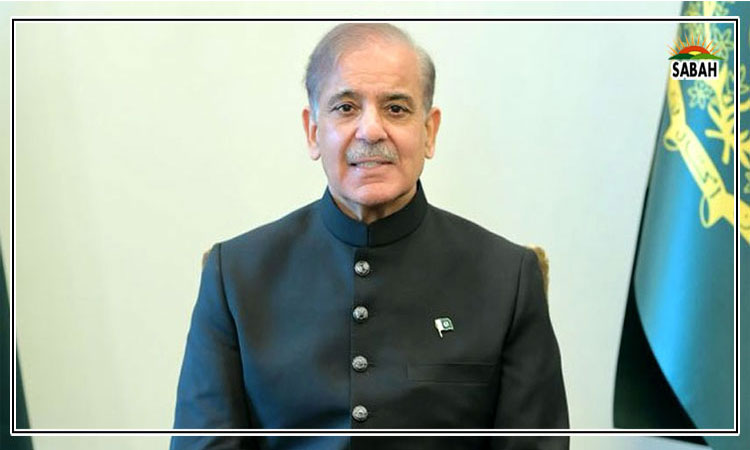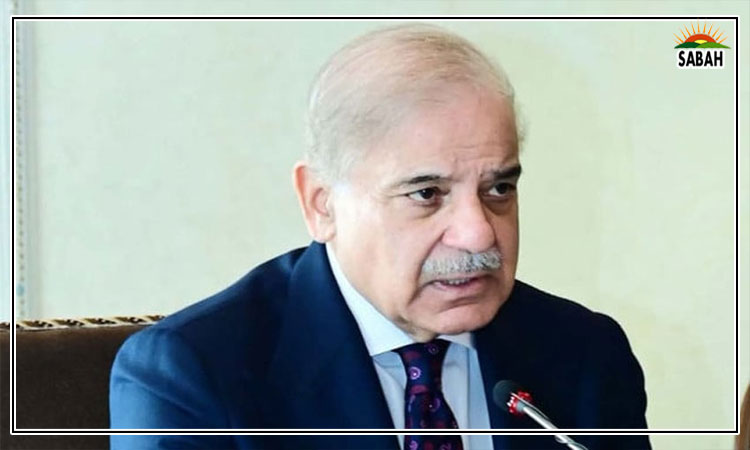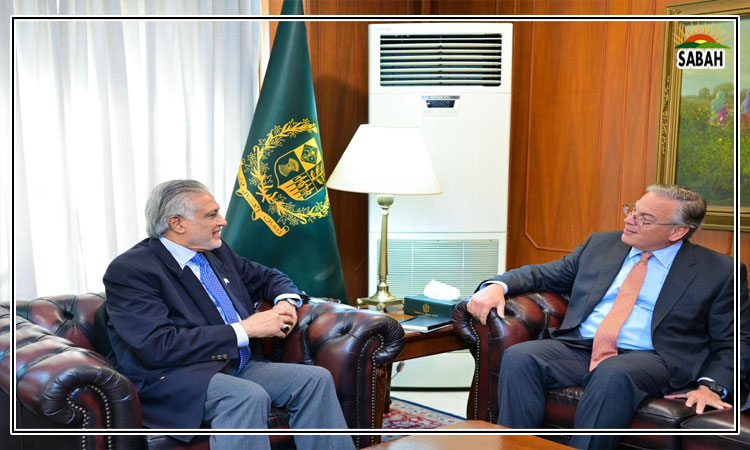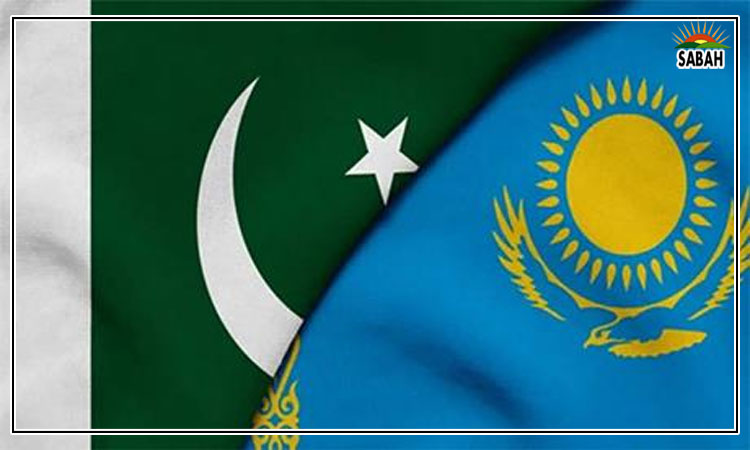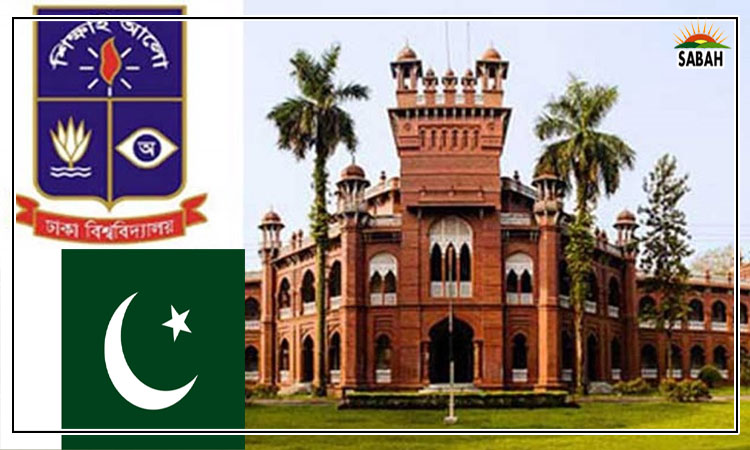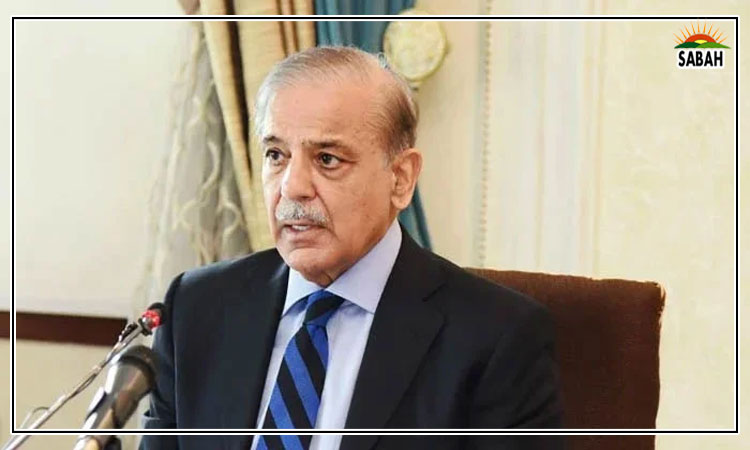Indian Parliament did not enjoy the authority to repeal Article 370 without the recommendation of J&K Assembly: Kapil Sibal
NEW DELHI, Aug 02 (SABAH): The Indian Supreme Court on Wednesday heard a batch of petitions challenging the abrogation of Article 370 of the Constitution that bestowed special status on the erstwhile State of Jammu and Kashmir.
A five-judge constitution Bench headed by Chief Justice D.Y. Chandrachud heard extensive arguments from senior Advocate Kapil Sibal appearing on behalf of the petitioners. The Bench, also comprising Justices Sanjay Kishan Kaul, Sanjiv Khanna, B.R. Gavai, and Surya Kant, will resume hearing the case tomorrow from 10:30 AM onwards.
Sibal argued before the Bench that the Indian Parliament could not have declared itself to be the legislature of J&K in order to facilitate the abrogation of Article 370 as Article 354 of the Constitution does not authorise such an exercise of power. He said that the Indian Parliament did not enjoy the authority to repeal Article 370 without the recommendation of Jammu and Kashmir Assembly. Kapil Sibal argued that without the rectification of Jammu and Kashmir Assembly no Indian law could be enforced in Jammu and Kashmir.
He also highlighted that the ‘unique constitutional structure’ was suddenly invalidated by the Governor and the Parliament without any consultation with the State of J&K.
The senior counsel also said that the express terms of clause 3 of Article 370 show that a recommendation from the Constituent Assembly was essential to efface Article 370.
He further underscored that the Parliament exercised the ‘will of the people of J&K’ when it abrogated Article 370 – which is an exercise of political power and as such cannot be done by a legislative body.
The court on July 11 had fixed July 27 as the deadline for filing written submissions and convenience compilations by different parties. The five-judge Bench had said the hearing will be held on a day-to-day basis except on Mondays and Fridays, which are days for hearing miscellaneous matters in the apex court. Only fresh petitions are taken up on these days for admission hearings and regular matters are not heard.
It had said the Centre’s affidavit with regard to the conditions prevailing in Jammu and Kashmir after August 5, 2019, notification repealing Article 370 will have no bearing on the constitutional issue to be adjudicated by the five-judge Bench. On that day the Centre had stripped the erstwhile State of Jammu and Kashmir of its special status and bifurcated it into two Union Territories.


